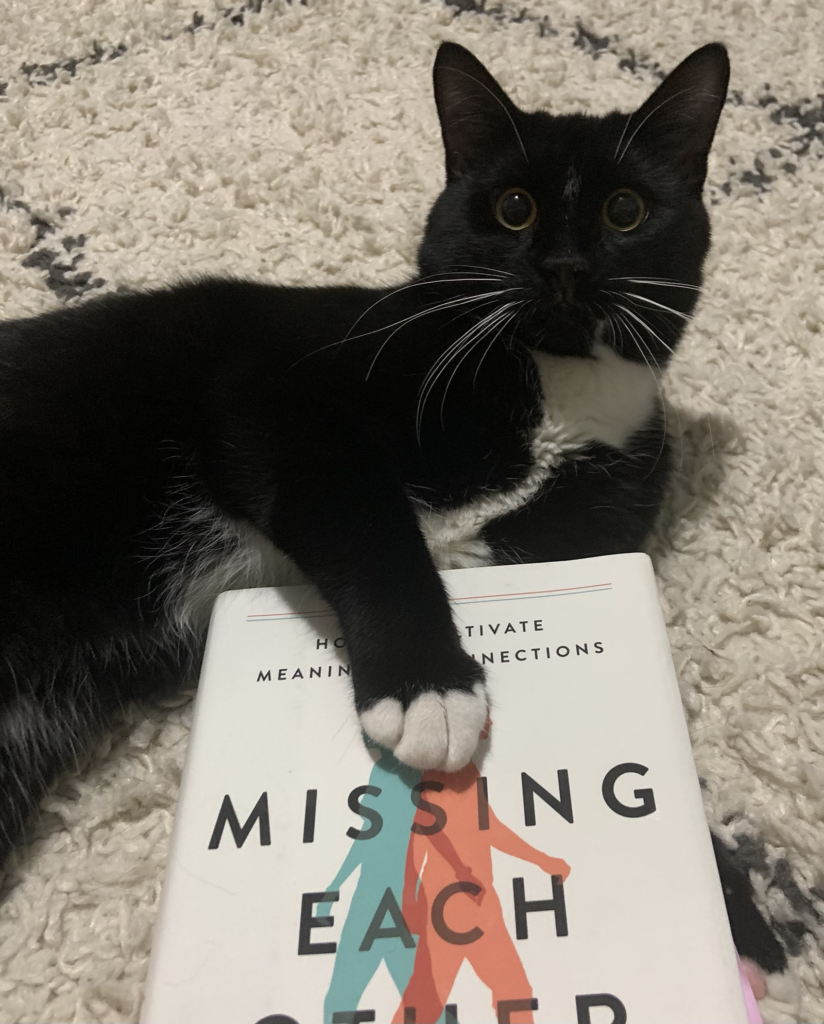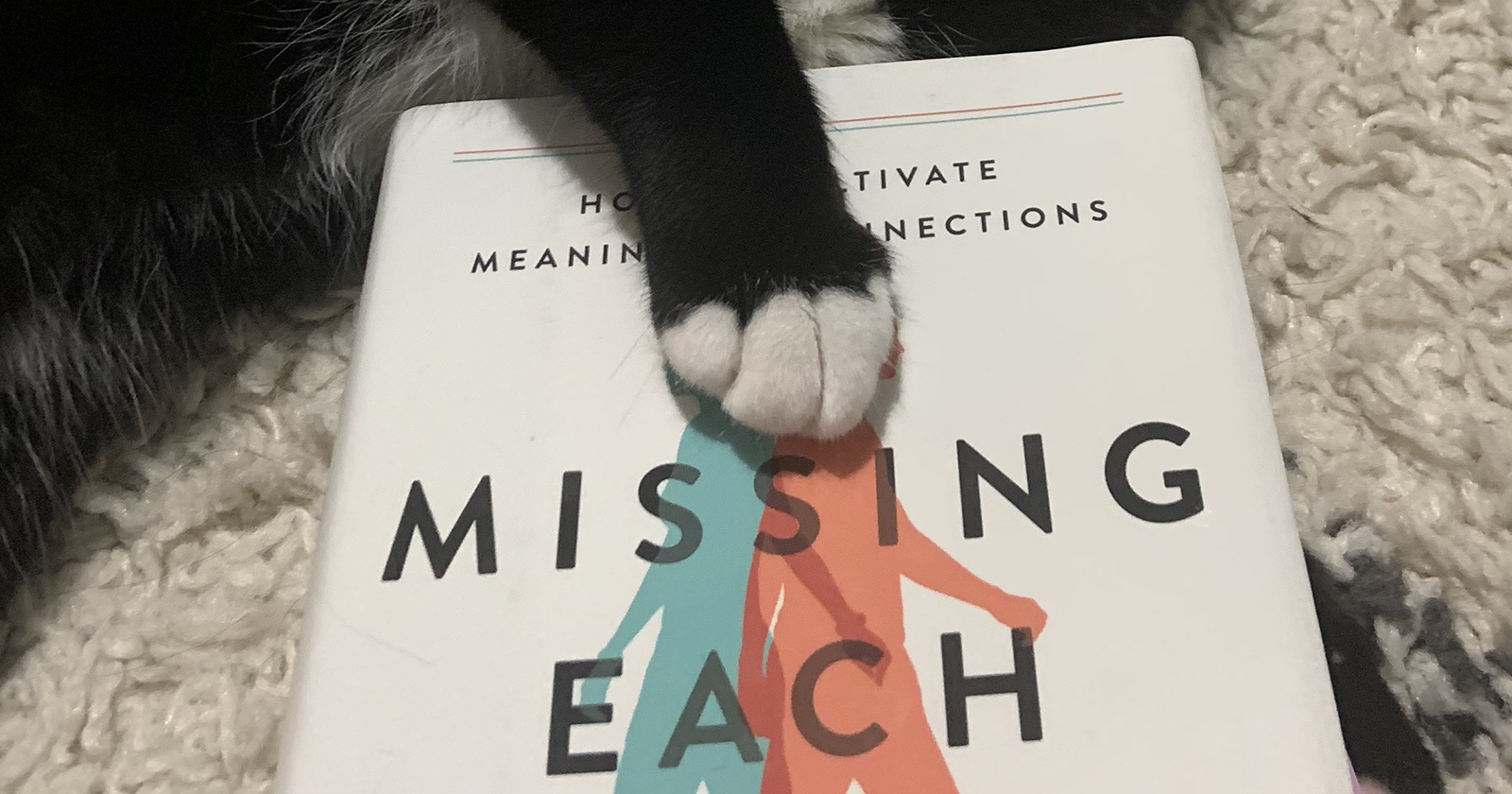Lost in the world of fancy psychological terms, “attunement” encompasses the ability to interact with one another using personal awareness to empathize and properly listen when engaging in a conversation.
Oblivious to this concept, I joined the SNF Paideia summer book club with the intention of reading Brodkin and Pallathra’s “Missing Each Other: How to Cultivate Meaningful Connections,” with some doubts on whether I would implement its themes into my daily life. Yet, after reading the very first chapter, I noticed displays of attunement in every way. From showing relaxed awareness when I complete assignments on a time crunch to ensuring that I use empathy when engaging with friends and family, I have noticed how much truly understanding attunement through book club discussions has changed my outlook on communication and being a responsive person.
We were fortunate to meet with the authors during our last book club session. Listening to Brodkin and Pallathra reflect on their piece solidified my commitment to practicing attunement. Stemming from Pallathra’s desire to “help strengthen very discreet skills and social cognition” and Brodkin’s goal to define attunement in the most “granted and tangible” way possible, their piece truly tackles every obscure aspect of attunement. In an era where stress, distractions and cultural pressures are almost seen as obstacles to becoming more aware of yourself, engaging with this material in the setting of the SNF Paideia book club has offered me a space where I can reflect upon my own values and actions to ensure that I can build and further enhance my relationships. Thanks to this piece, I have learned how to combat rash reactions solely based on immediate emotions (emotional reactivity), and to avoid the fundamental attribution error, or wrongly attributing someone’s actions to their character rather than understanding factors that affected the outcome of that interaction.

As a SNF Paideia fellow, the journey of understanding attunement will be everlasting, but I now have a toolbox that is necessary to improving my presence in conversations and even taking a step back to listen and to be mutually responsive. Coincidentally, Brodkin and Pallathra’s piece aligns closely with the pillars of the program (dialogue, wellness, service, and citizenship) that brought this all together.
Dialogue, nonetheless, effective dialogue, is sine qua non and essential to the SNF Paideia program. Displaying attunement when engaging in conversation and constructive discourse is the only way to encourage a community to grow and learn from each other. Finding the balance between wellness, service, citizenship, and dialogue is the key to reaching a level of self-comfort and awareness to truly open a multitude of gateways to personal and professional success. Understanding attunement is the key to stabilizing the aforementioned pillars of SNF Paideia. As I enter the fall semester of my sophomore year as a fellow, I know for a fact that I will carry my newly acquired knowledge surrounding overall attunement to maintain genuine relationships and cultivate meaningful discussions.
As mentioned in “Missing Each Other: How To Cultivate Meaningful Connections,” the world is a kaleidoscope of interactions, viewpoints and relationships- it is up to us to sift through those that are the most meaningful to us.




